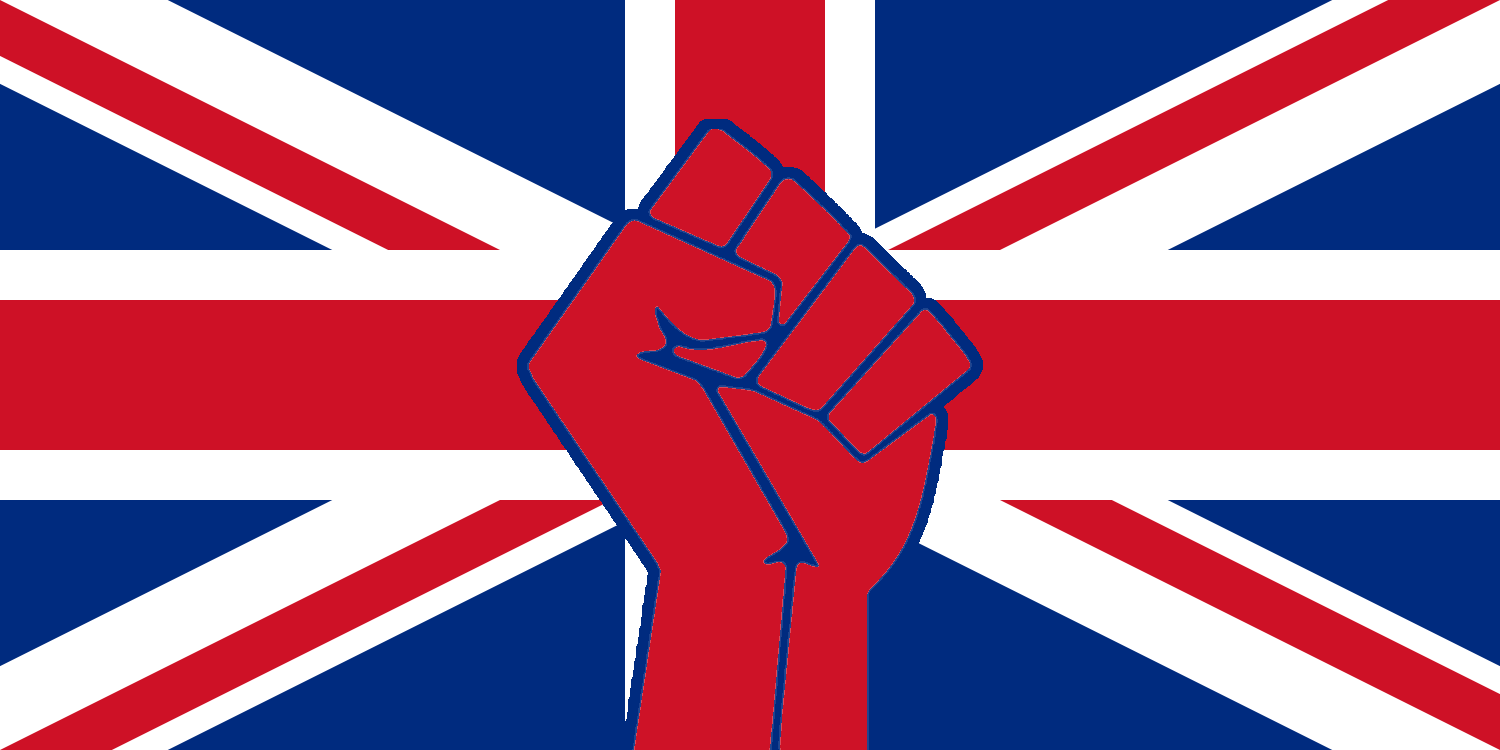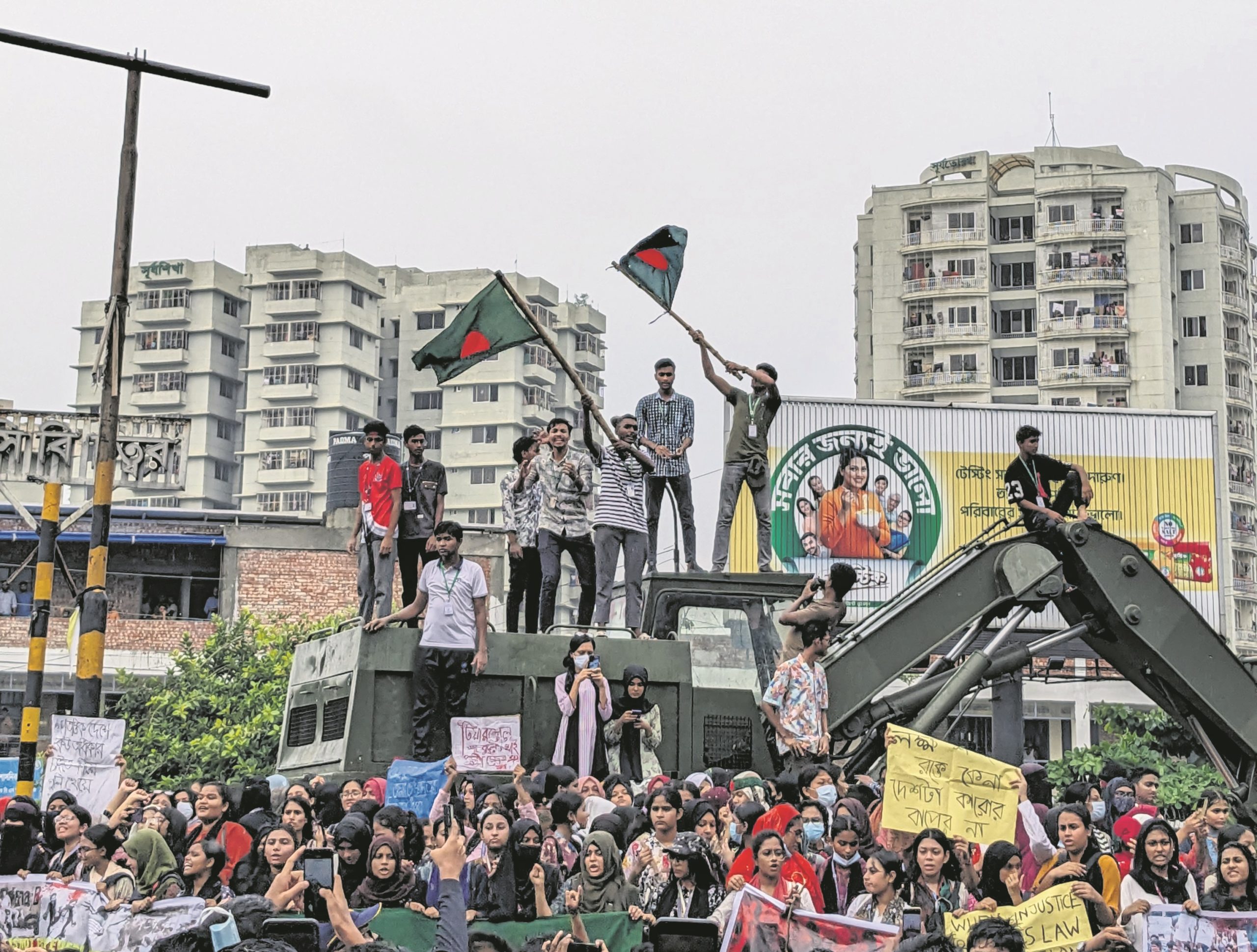The revolutionary mass movement in Bangladesh is at a critical juncture. A 17-member interim government has been established, including in it a few young leaders who emerged from the mass protests which toppled the government.
Prime Minister Sheikh Hasina fled the country on 6 August, protesters stormed her residence. But her party, the Awami League, and its allies involved in corruption, remain largely intact. Meanwhile, the equally corrupt and undemocratic opposition party, the Bangladesh Nationalist Party (BNP), a right-wing party that has a history of implementing policies against workers and youth, is also waiting to seize any opportunity that arises.
The continuation of the current situation, without decisive action to transfer power to democratically controlled committees of protesters, workers, and the poor, could enable reactionary forces to gradually regain strength. The student protesters already had to intervene on 9 August when a full court was convened, which they saw as an attempted “judicial coup”, undermining the new interim government. The Chief Justice resigned only after protesters surrounded the court.


